
Posted By: Medsole RCM
Posted Date: Jun 28, 2025
Medical Administrative Contractors (MACs) play a critical role in healthcare reimbursement specially in Medicare system. Understanding of MAC is very important for all healthcare providers and medical billing professionals, because it helps in claim submissions, appeals, payments, and policies efficiently.
This blog explains what MACs are, how they function, and their role in medical billing processes for healthcare providers under Medicare.
A Medical Administrative Contractor (MAC) is a private healthcare insurer, organization or multi-state, regional contractors responsible for administering both Medicare Part A and Medicare Part B claims. These contractors manage a vital portion of the administrative processes for Medicare beneficiaries, providers, and suppliers.
MACs perform many activities including:
Across the whole United States there are different MACs for various regions, each assigned to handle specific geographic area.
Before MACs, Medicare relied on a fragmented system. However, in 2003, the Medicare Prescription Drug, Improvement, and Modernization Act (MMA) reforms the structure. CMS integrated its administrative contracts into MACs to improve service, reduce costs, and create more accountability.
The main goals behind establishing MACs include:
MACs are divided based on jurisdictions that cover both Medicare Part A and Part B. There are:
Each jurisdiction has a designated MAC responsible for servicing providers in that region. Providers must submit claims to the appropriate MAC based on their practice location.
MACs serve as the important connection between healthcare providers and CMS. Here’s how they impact and assist in the medical billing process:
MACs receive claims from healthcare providers for Medicare services. They review claims to ensure they meet medical necessity and documentation before processing them for reimbursement.
Providers must follow MAC-specific instructions on:
MACs manage the enrollment process for new providers into the Medicare program. They verify credentials, tax identification numbers (TIN), NPI numbers, and practice locations to ensure the authenticity of providers applying for Medicare Billing rights.
The process is important for getting reimbursement by Medicare. The provider’s ability to receive payment will directly be impacted because of delays or errors during enrollment.
When claims are reviewed and approved then MACs are responsible for issuing payments to healthcare providers. They also provide Remittance Advice (RA) documents.
Understanding these remittances helps billing teams to appeal denied claims or correct errors for resubmission of claims.
If a claim is denied, the MAC explains the reasons for denial. Providers can then file an appeal or resubmit a corrected claim with denial management strategies.
Having clear communication with the MAC and understanding their procedures of appeal is important for minimizing revenue loss due to denials.
MACs also implement Local Coverage Determinations (LCDs) policies that explains what services are covered within their geographic area. These LCDs often vary by region and effects what procedures or treatments are considered reimbursable.
Providers must stay up to date with their local MAC's policies to avoid claim denials.
MACs regularly offer:
Working with MACs helps providers in several ways:
Medical billing companies and internal billing departments must build strong relationships with MACs for operations, reduction in denial rates, and accelerate revenue cycles.
Having a good billing team or partnering with a professional revenue cycle management company can help healthcare providers overcome these issues and maintain financial stability.
Medical Administrative Contractors plays important role in success of Medicare billing. Their role in claim management, provider enrollment, policy enforcement, and education make them essential in today’s healthcare reimbursement system.
At MedSole RCM, we work closely with providers across the U.S. to manage their Medicare billing processes effectively, guaranteed proper communication and compliance with their assigned MACs. Whether it’s about claim submission or appeal handling, we’re here to support your practice in every step of the process.
1. What is a Medical Administrative Contractor (MAC)?
Medical Administrative Contractor (MAC) is a private organization that works with CMS to process Medicare Part A and Part B claims. It handles provider enrollment, manage appeals, and implement billing guidelines across the United Staes within assigned regions.
2. What role does a MAC play in medical billing?
MACs handle the processing of Medicare claims submitted by healthcare providers. They verify the accuracy, coverage of each claim before the issuance of payments or denials.
3. Why is it important for providers to know their assigned MAC?
Each MAC operates differently, especially in terms of local coverage policies (LCDs) and claim submission requirements. Knowing your MAC helps in proper billing and minimizes claim denials.
4. How do MACs help reduce claim denials?
MACs provide thorough guide lines on documentation, policies of coverage, and coding standards. To provider they also offer resources to prevent common billing mistakes that often lead to denials.
5. Be a healthcare provider, can I contact MACs directly?
Yes, providers can reach out to their MAC via dedicated customer service lines and online portals for checking the status of their claims.
6. What is a Local Coverage Determination (LCD)?
An LCD is a policy issued by a MAC that defines which services are considered necessary and to be reimbursed in that specific area. Providers must follow LCDs to verify Medicare coverage and avoid denials.
7. Do MACs handle provider enrollment for Medicare?
Yes, MACs are responsible for processing new provider applications, and changes to enrollment information. They check that providers meet all requirements to obtain Medicare billing rights.
8. How medical billing company support interaction with MACs?
Medical billing companies, like MedSole RCM, help healthcare providers to stay compliant with MAC requirements by submitting clean claims, tracking denials, managing appeals, and staying up to date with policies of MAC.
Contact Us if you are Interested in learning more or getting billing support.
Get quick highlights instantly
Recent Blogs

Posted Date: Jun 24, 2025

Posted Date: Jun 26, 2025

Posted Date: Jun 28, 2025

Posted Date: Jun 30, 2025

Posted Date: Jul 02, 2025

Posted Date: Jul 04, 2025

Posted Date: Jul 07, 2025

Posted Date: Jul 09, 2025

Posted Date: Jul 11, 2025

Posted Date: Jul 14, 2025

Posted Date: Jul 16, 2025

Posted Date: Jul 18, 2025

Posted Date: Jul 22, 2025

Posted Date: Jul 23, 2025

Posted Date: Jul 25, 2025

Posted Date: Jul 28, 2025

Posted Date: Aug 01, 2025

Posted Date: Aug 04, 2025

Posted Date: Aug 06, 2025

Posted Date: Aug 08, 2025

Posted Date: Aug 11, 2025

Posted Date: Aug 14, 2025

Posted Date: Aug 18, 2025

Posted Date: Aug 20, 2025

Posted Date: Aug 25, 2025

Posted Date: Aug 27, 2025

Posted Date: Aug 29, 2025

Posted Date: Sep 03, 2025

Posted Date: Sep 05, 2025

Posted Date: Sep 08, 2025

Posted Date: Sep 15, 2025

Posted Date: Sep 18, 2025

Posted Date: Sep 22, 2025

Posted Date: Sep 24, 2025

Posted Date: Sep 26, 2025

Posted Date: Sep 29, 2025

Posted Date: Oct 02, 2025
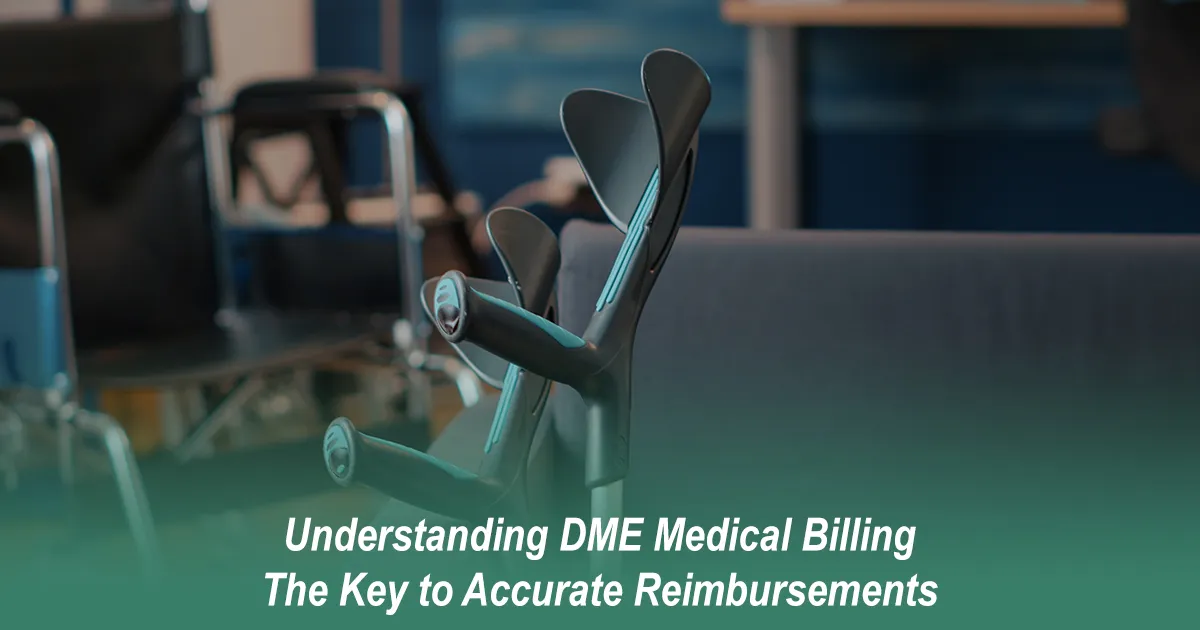
Posted Date: Oct 13, 2025

Posted Date: Oct 16, 2025

Posted Date: Oct 23, 2025
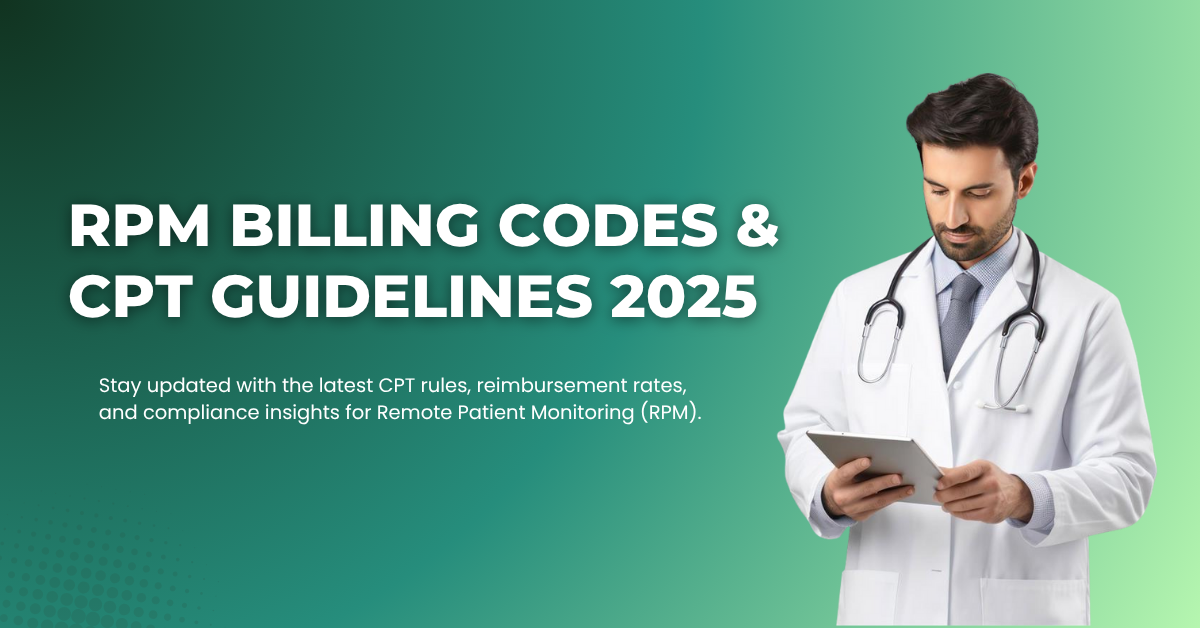
Posted Date: Oct 27, 2025

Posted Date: Oct 28, 2025

Posted Date: Oct 30, 2025

Posted Date: Oct 31, 2025

Posted Date: Nov 03, 2025

Posted Date: Nov 05, 2025
_11zon.webp)
Posted Date: Nov 11, 2025
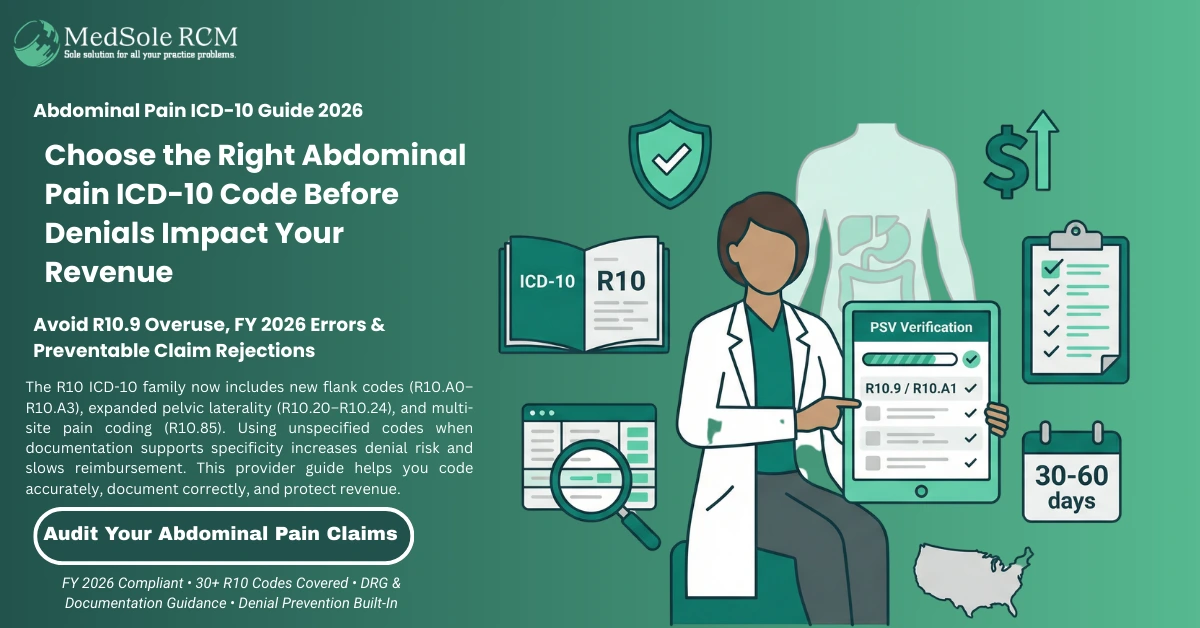
Posted Date: Nov 14, 2025

Posted Date: Jan 05, 2026
.png)
Posted Date: Jan 02, 2026

Posted Date: Jan 06, 2026

Posted Date: Jan 07, 2026
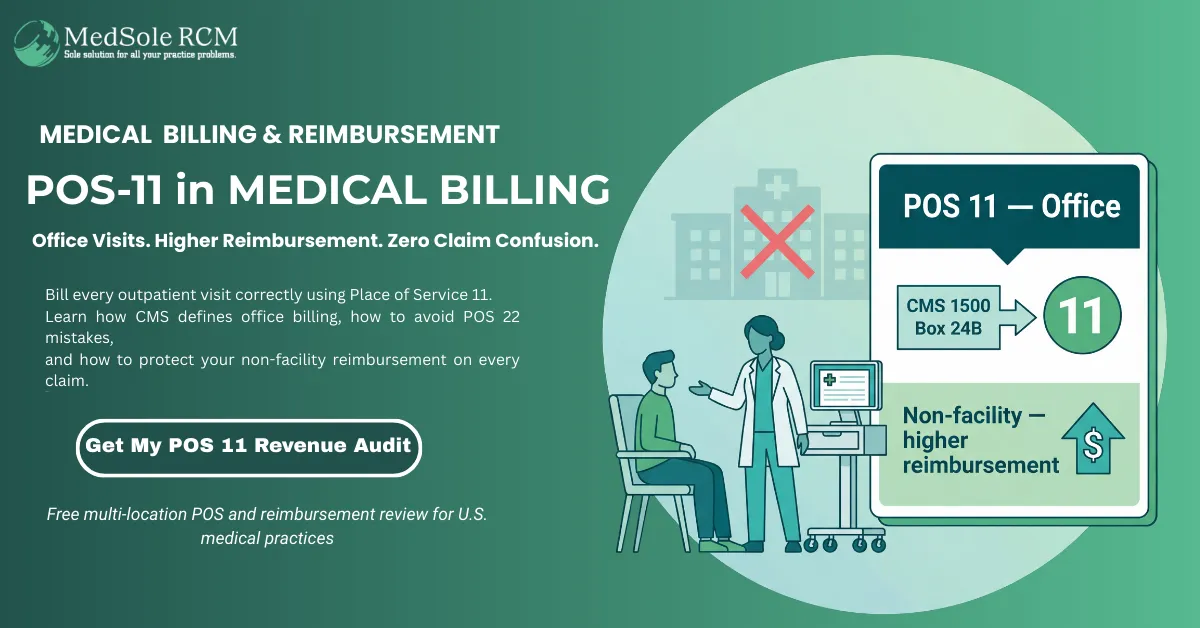
Posted Date: Jan 08, 2026

Posted Date: Jan 15, 2026
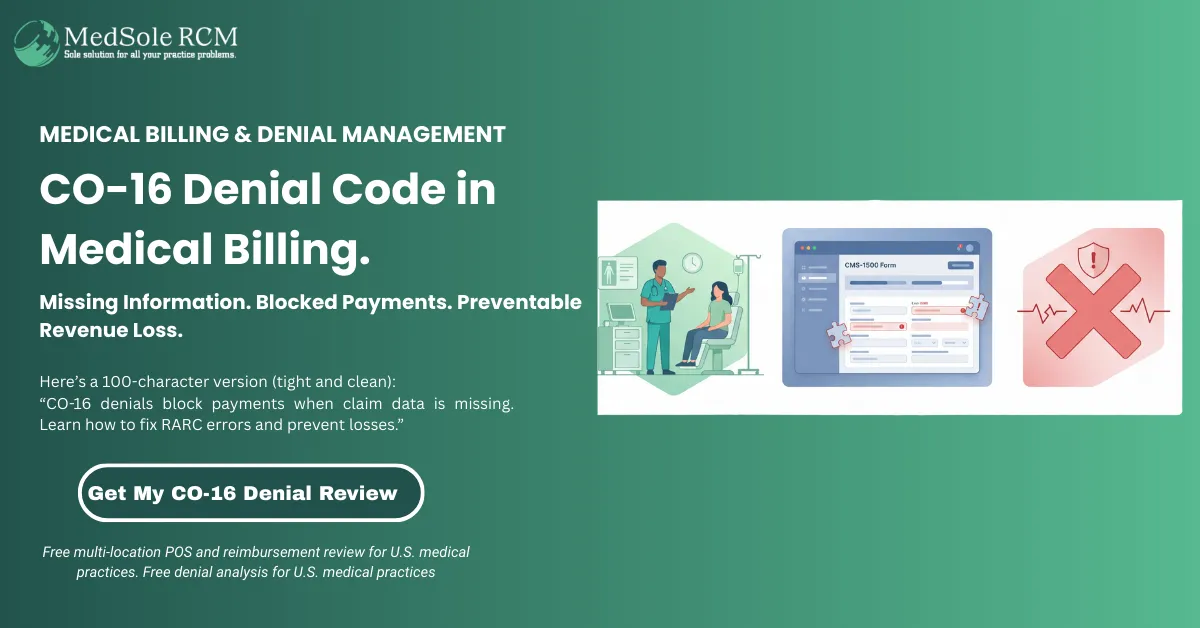
Posted Date: Jan 13, 2026
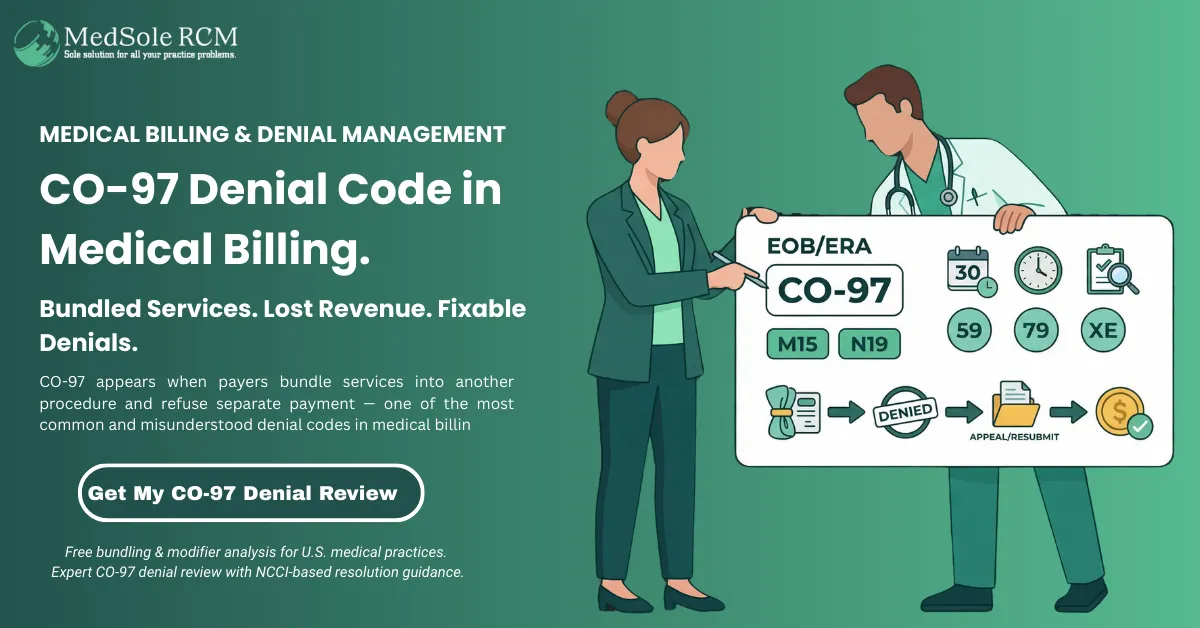
Posted Date: Jan 21, 2026

Posted Date: Jan 22, 2026
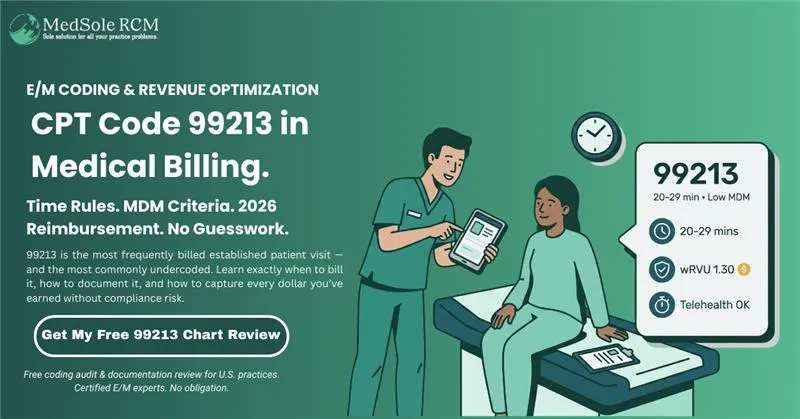
Posted Date: Jan 26, 2026
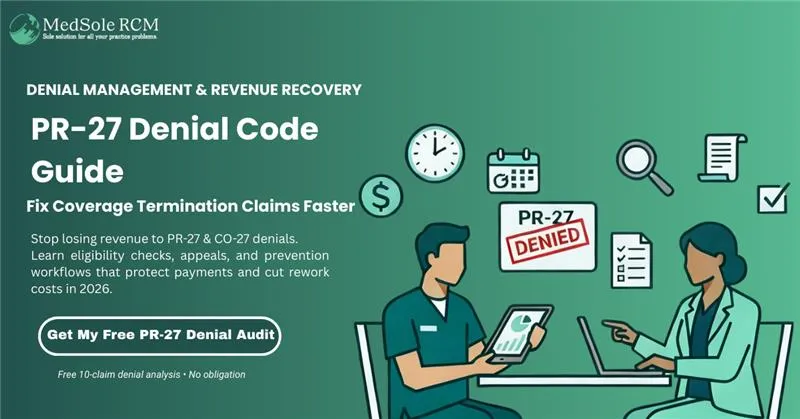
Posted Date: Jan 27, 2026

Posted Date: Jan 28, 2026
_11zon.webp)
Posted Date: Jan 29, 2026
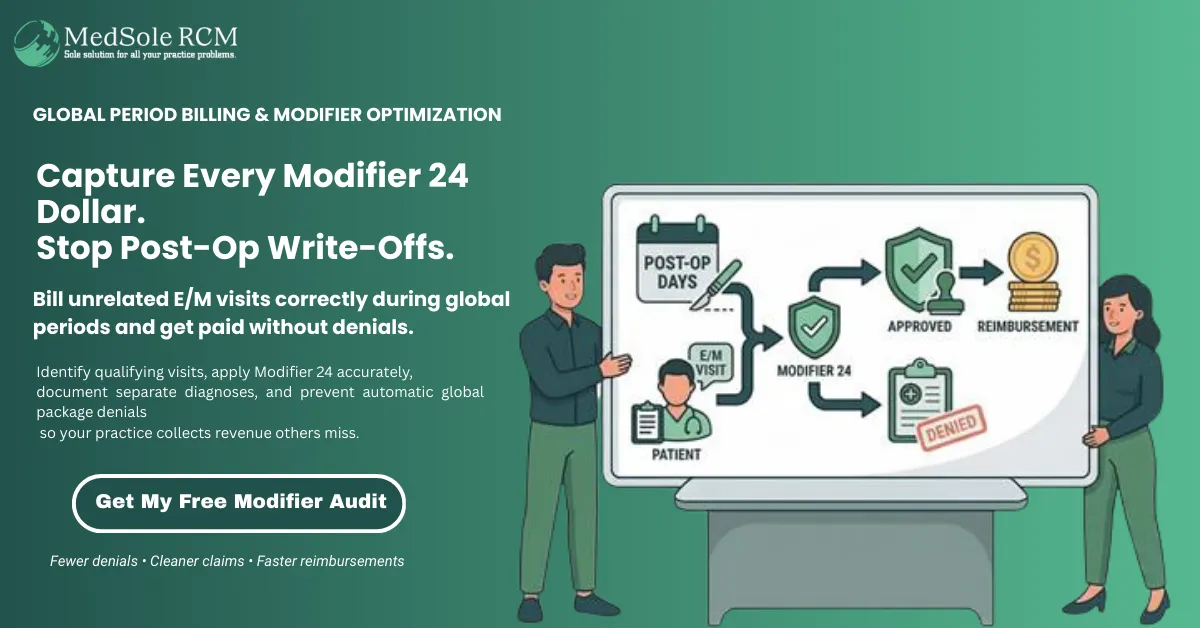
Posted Date: Jan 30, 2026
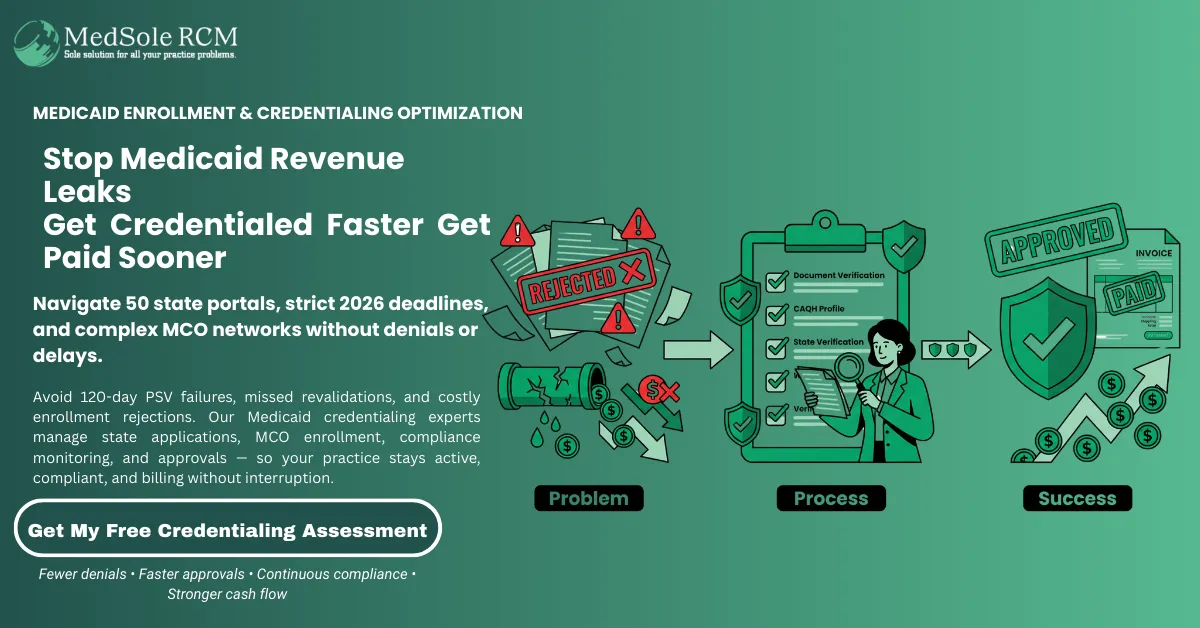
Posted Date: Feb 02, 2026
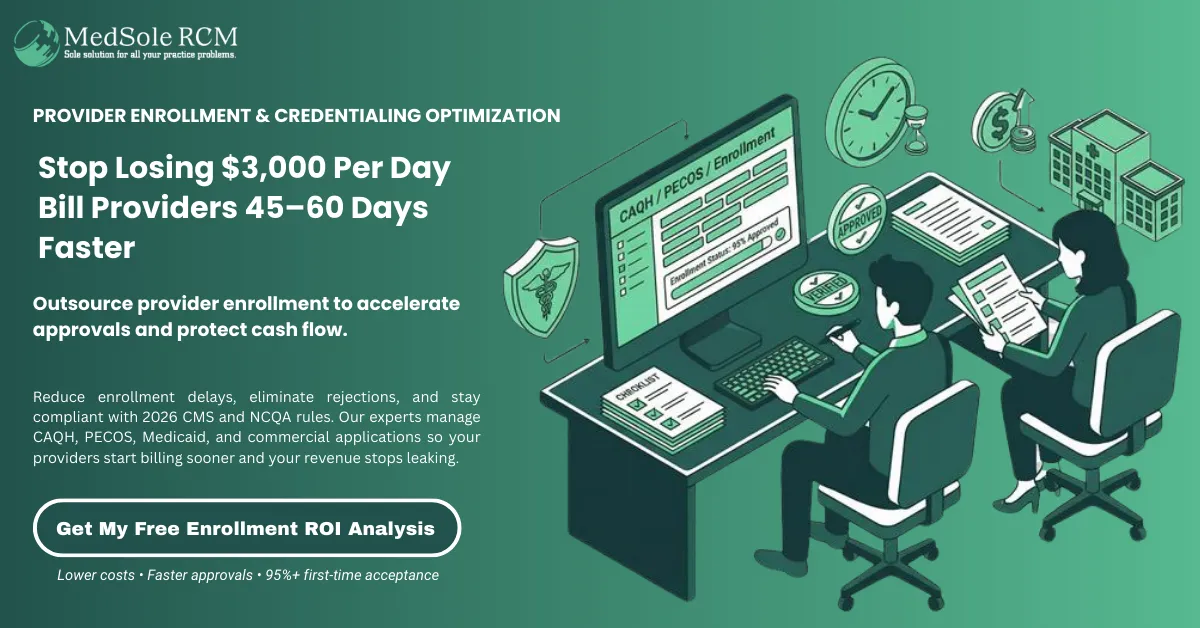
Posted Date: Feb 03, 2026

Posted Date: Feb 04, 2026
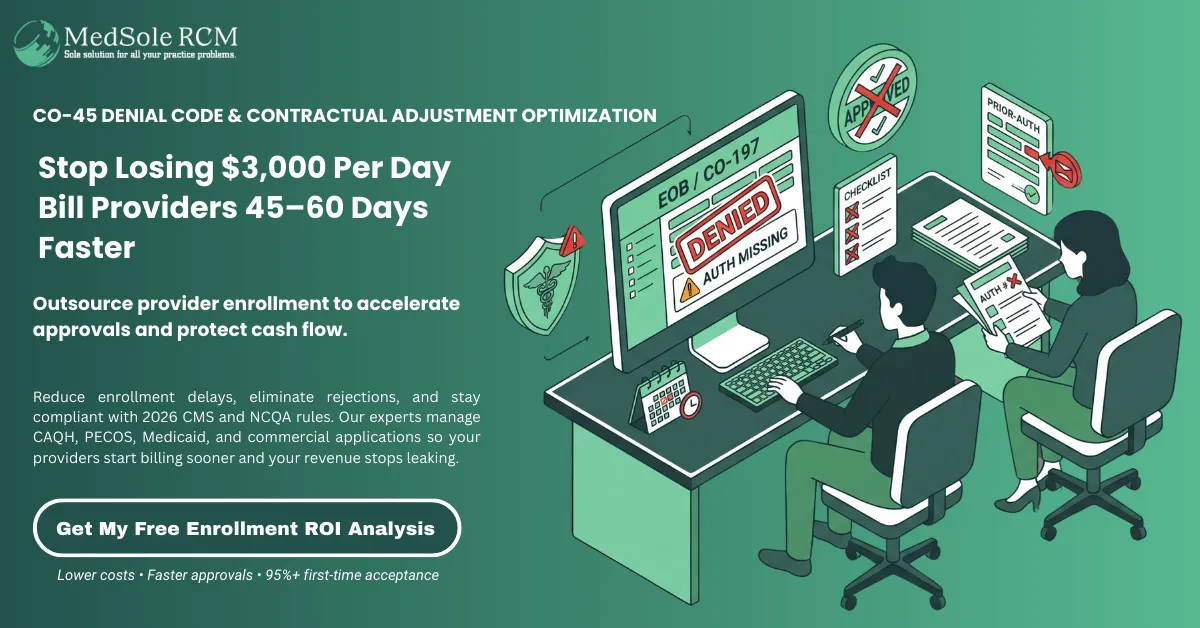
Posted Date: Feb 05, 2026
_11zon.webp)
Posted Date: Feb 06, 2026
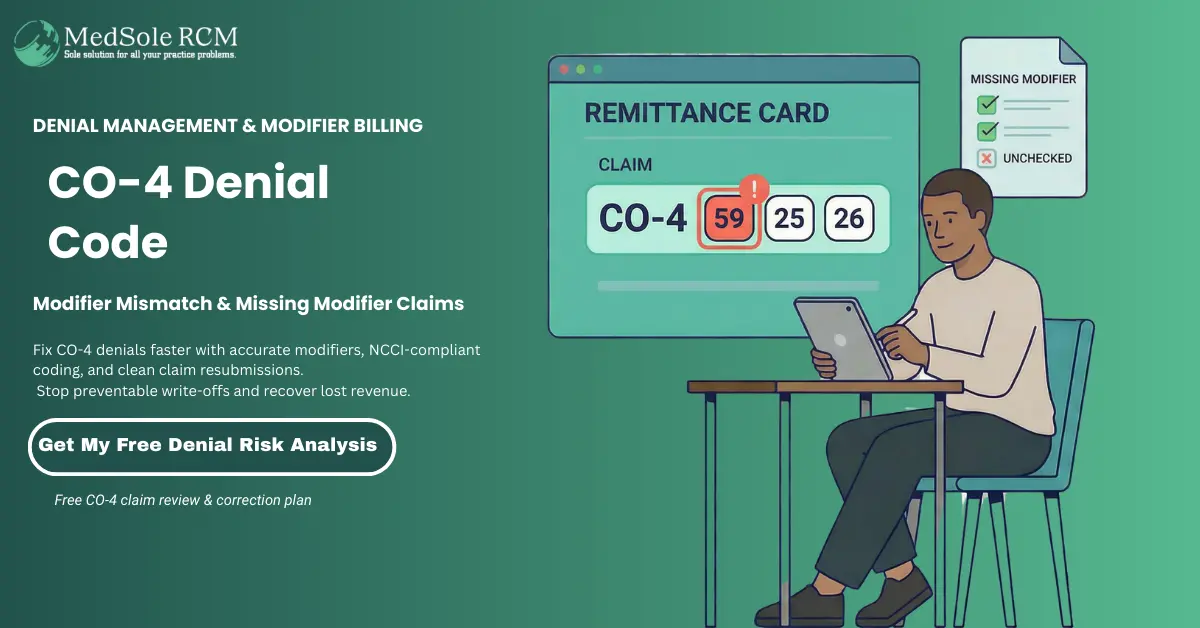
Posted Date: Feb 09, 2026
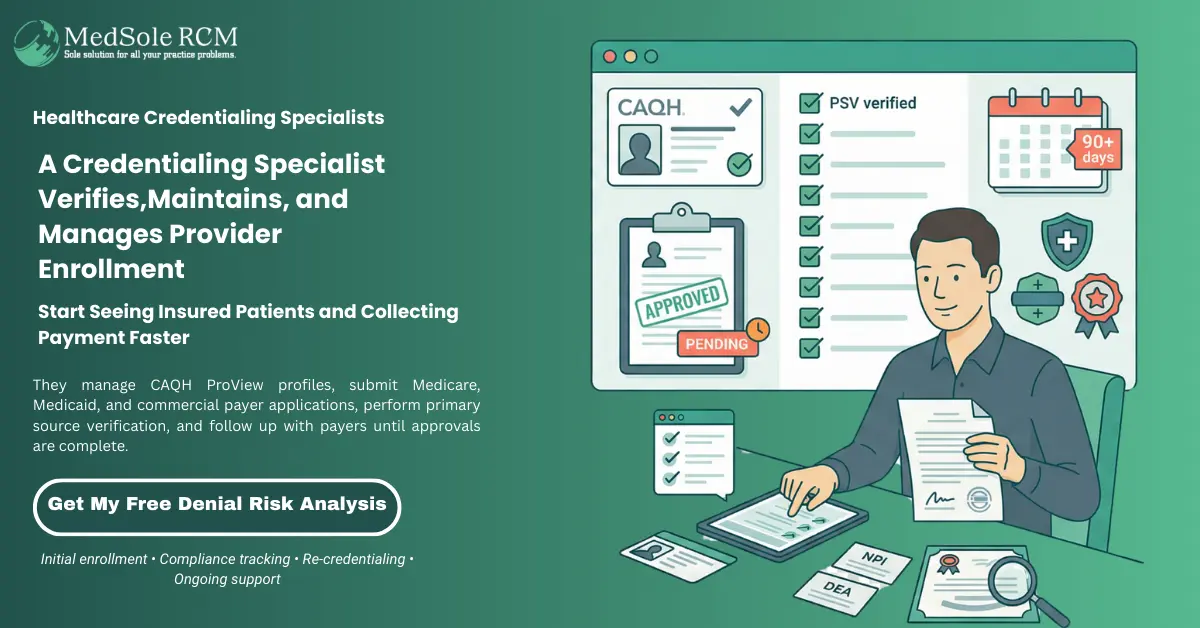
Posted Date: Feb 10, 2026
_11zon.webp)
Posted Date: Feb 11, 2026
.webp)
Posted Date: Feb 12, 2026
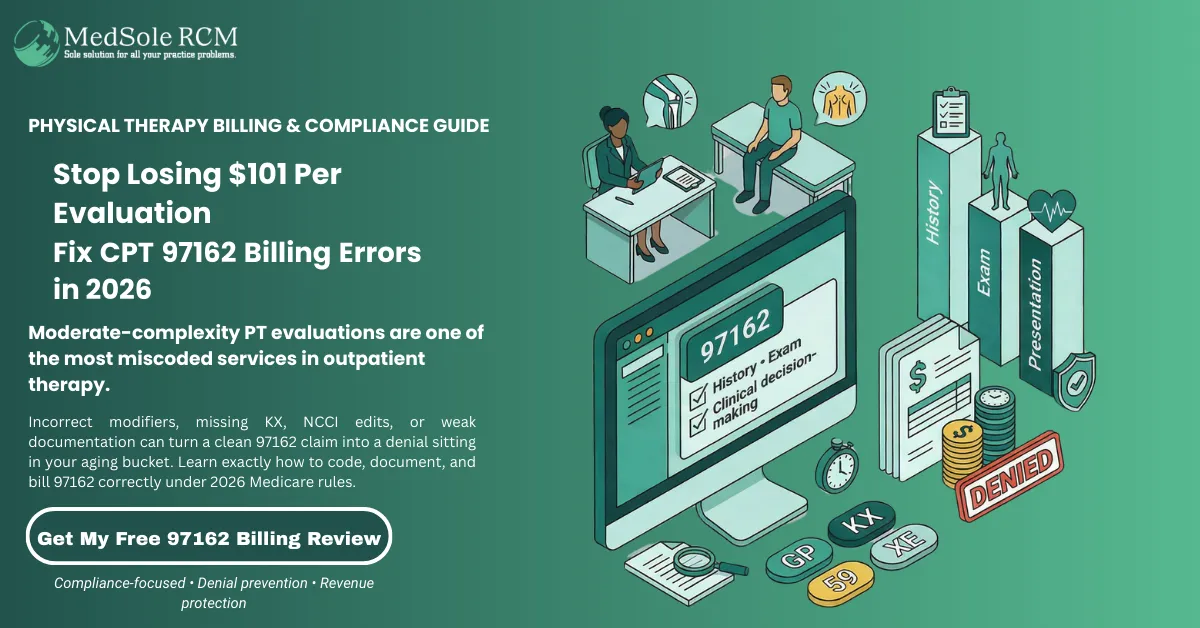
Posted Date: Feb 13, 2026
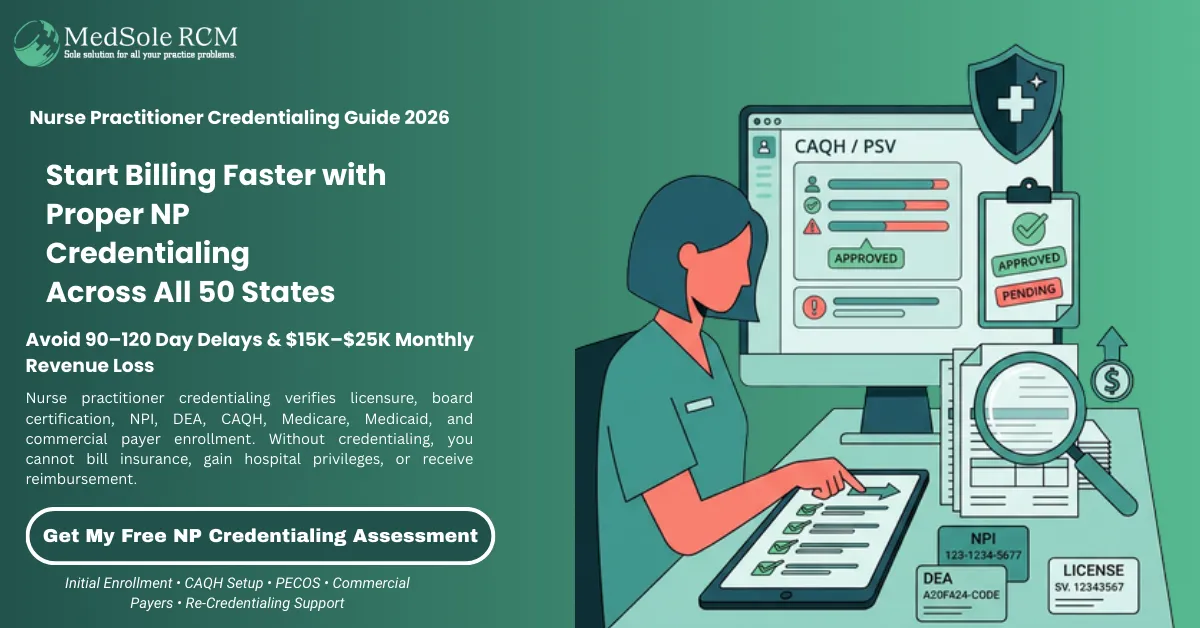
Posted Date: Feb 17, 2026
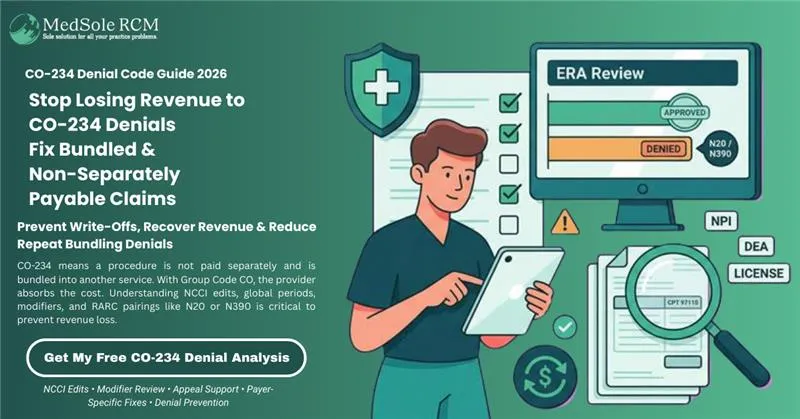
Posted Date: Feb 18, 2026

Posted Date: Feb 19, 2026
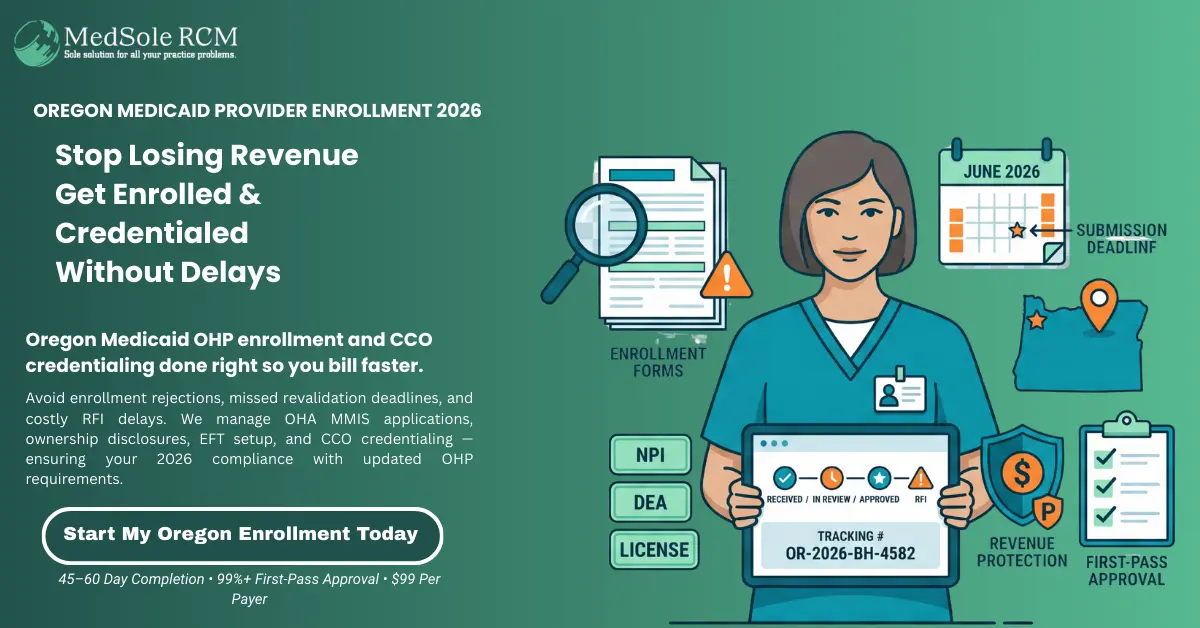
Posted Date: Feb 20, 2026

Posted Date: Feb 23, 2026
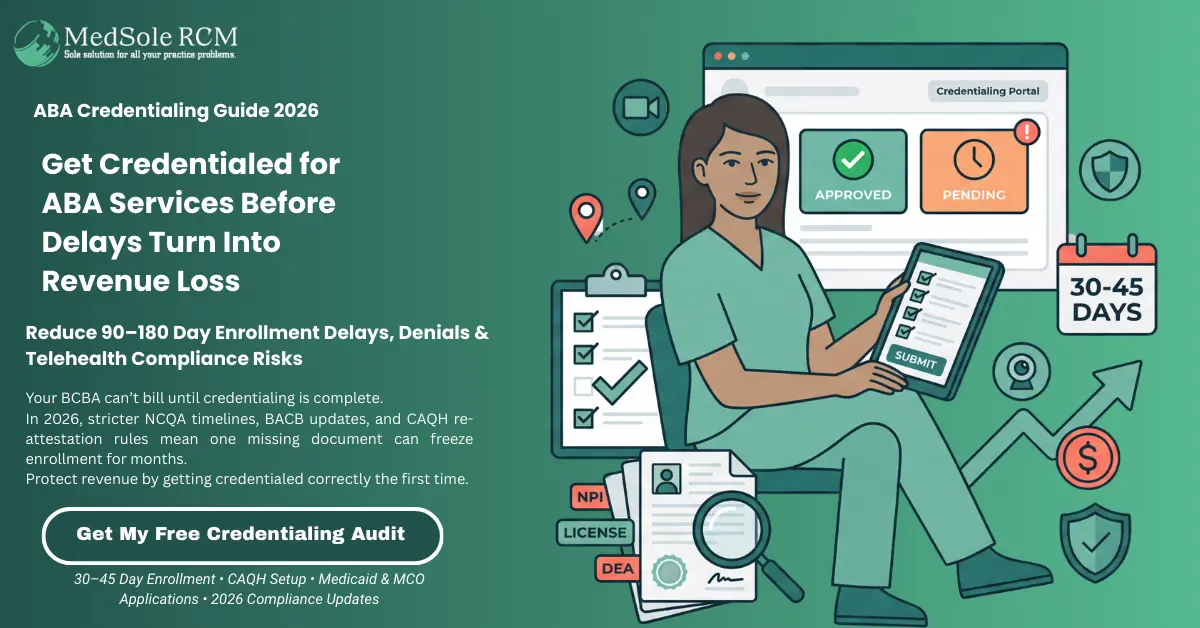
Posted Date: Feb 25, 2026

Posted Date: Feb 26, 2026